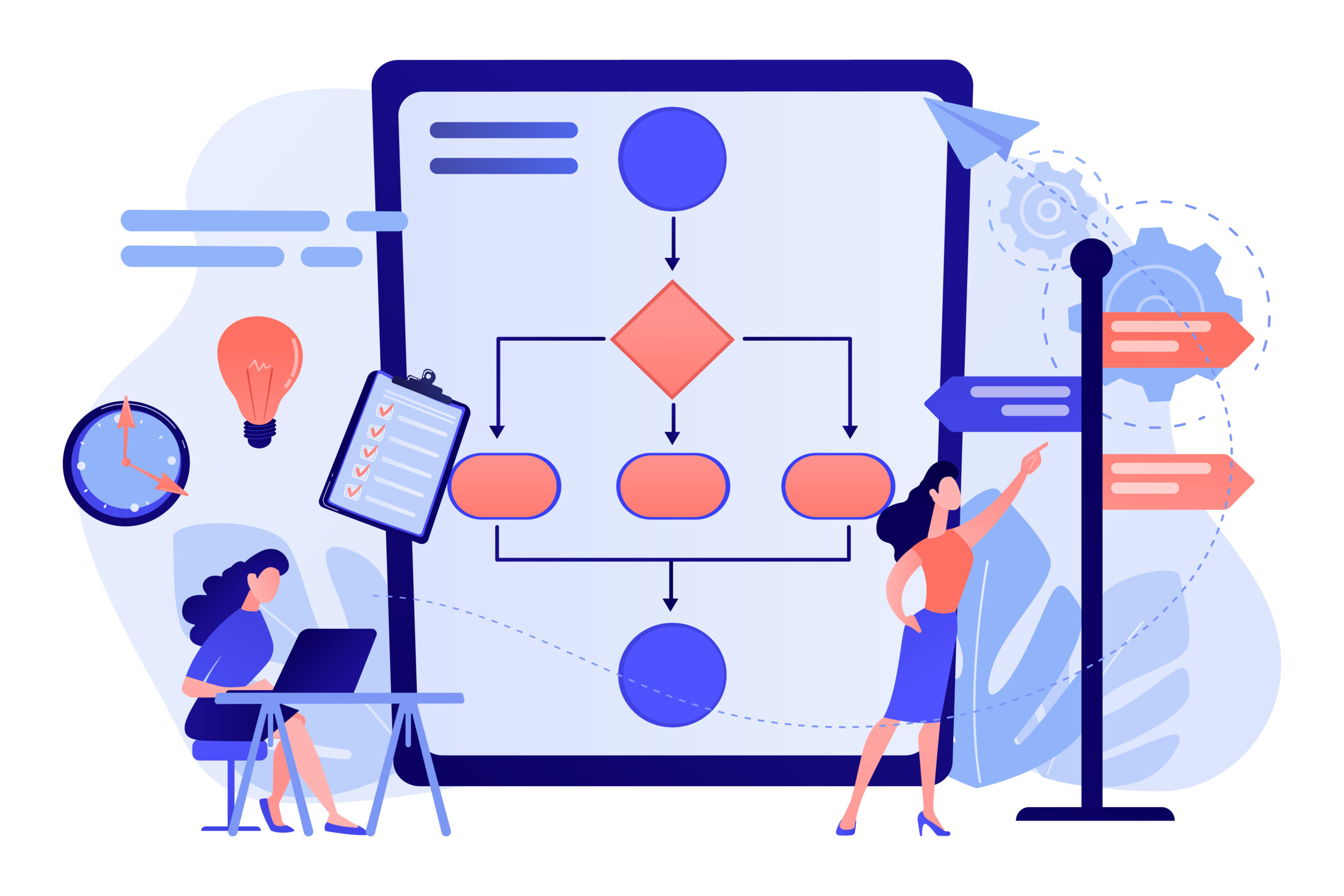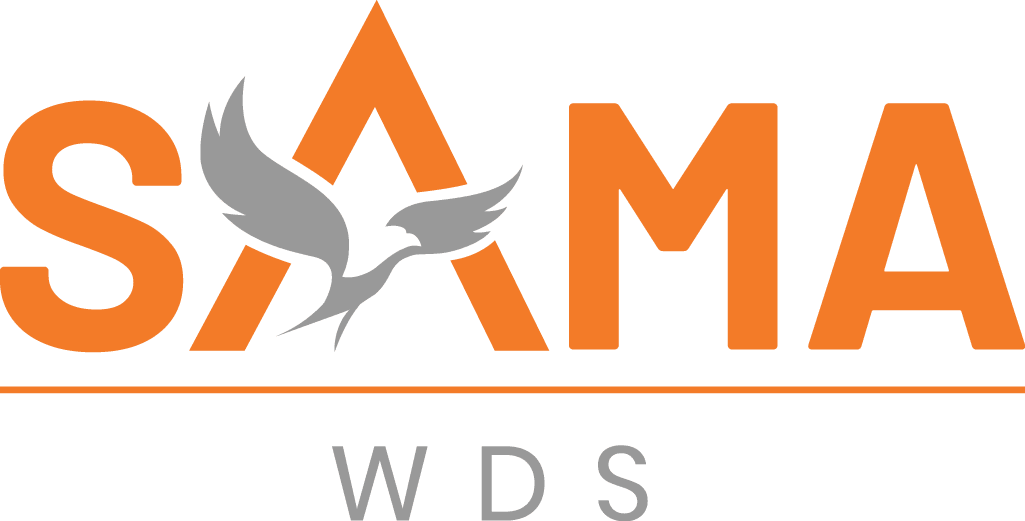
Workday Payroll Implementation: Best Practices
Introduction
Implementing Workday Payroll can significantly streamline payroll processes for organizations. However, successful implementation requires careful planning, execution, and adherence to best practices. In this comprehensive guide, we’ll explore key strategies and recommendations for ensuring a smooth Workday Payroll implementation, spanning from initial planning stages to post-implementation support.
Establish Clear Objectives

Before embarking on the journey of Workday Payroll implementation, it’s imperative to establish clear objectives and goals. Organizations must define specific outcomes they aim to achieve through the implementation, whether it’s enhancing accuracy, improving efficiency, ensuring compliance, or all of the above. Clear objectives provide a roadmap for the implementation process, guiding decision-making and resource allocation. Additionally, they facilitate alignment among stakeholders, ensuring everyone is working towards common goals. By taking the time to define clear objectives upfront, organizations set themselves up for success and lay the foundation for a smooth implementation journey.
Conduct Comprehensive Planning

Thorough planning is the cornerstone of any successful Workday Payroll implementation. This phase involves assessing current payroll processes, identifying pain points, and developing a detailed implementation strategy. Organizations should create a project plan that outlines key milestones, timelines, resource requirements, and responsibilities. Conducting a comprehensive analysis of existing data and processes is essential for informing the implementation strategy and identifying areas for improvement. This may involve collaborating with cross-functional teams, including HR, finance, and IT, to ensure all aspects of payroll operations are considered. By investing time and effort into planning, organizations can mitigate risks, anticipate challenges, and ensure a structured approach to implementation.
Engage Stakeholders

Effective stakeholder engagement is critical for the success of any major initiative, including Workday Payroll implementation. Organizations should involve key stakeholders from various departments, including payroll administrators, HR personnel, finance teams, and end-users, from the outset. Engaging stakeholders early in the process helps build buy-in, foster collaboration, and ensure alignment with organizational goals. Additionally, it provides an opportunity to gather valuable insights and feedback, which can inform decision-making and implementation strategy. Throughout the implementation journey, organizations should maintain open communication channels with stakeholders, keeping them informed of progress, addressing concerns, and soliciting input when needed. By fostering a culture of collaboration and transparency, organizations can ensure that stakeholders are invested in the success of the implementation and are willing to contribute to its success.
Ensure Data Accuracy and Cleanliness

Data accuracy is paramount for the success of any payroll system implementation, including Workday Payroll. Before migrating data to the new system, organizations must conduct thorough data cleansing and validation processes. This involves identifying and rectifying any inaccuracies, inconsistencies, or duplicates in the data to prevent errors during implementation and beyond. Additionally, organizations should ensure data integrity by establishing data governance policies and procedures. This may include defining data standards, implementing data validation rules, and conducting regular audits to maintain data quality. By investing time and resources into data cleansing and governance, organizations can minimize the risk of errors and ensure a smooth transition to Workday Payroll.
Customize Configuration to Fit Organizational Needs

One of the most compelling aspects of Workday Payroll lies in its inherent flexibility and robust customization options. Throughout the implementation phase, organizations are encouraged to harness these capabilities to tailor the system precisely to their unique payroll workflows, policies, and regulatory obligations. This comprehensive customization process may encompass various tasks, such as defining specific earning and deduction codes to accurately reflect compensation structures, configuring tax jurisdictions to adhere to regional tax laws, establishing bespoke payroll calendars to align with internal scheduling requirements, and implementing tailored approval workflows to streamline the payroll process efficiently.
By embracing these customization features, organizations can optimize Workday Payroll’s functionality to suit their specific needs, thereby enhancing overall effectiveness and efficiency in managing payroll operations. Moreover, this tailored approach ensures strict compliance with local regulations and industry standards, mitigating the risk of potential non-compliance penalties. Ultimately, the strategic utilization of Workday Payroll’s customization capabilities empowers organizations to achieve seamless payroll management while maintaining regulatory integrity and operational excellence.
Provide Comprehensive Training and Support

Proper training and support are crucial for ensuring user adoption and proficiency with Workday Payroll. Organizations should invest in comprehensive training programs tailored to different user roles and levels of expertise. This may include instructor-led training sessions, online courses, self-paced tutorials, and hands-on workshops. Training should cover not only the technical aspects of using the system but also best practices for payroll processing, compliance requirements, and troubleshooting techniques. Additionally, organizations should establish a support system to provide ongoing assistance and guidance to users. This may include help desks, knowledge bases, user forums, and dedicated support personnel. By empowering users with the knowledge and resources they need to succeed, organizations can ensure a successful Workday Payroll Implementation.
Conduct Thorough Testing and Validation

Before deploying Workday Payroll live, it’s essential to conduct thorough testing and validation to identify and resolve any issues or discrepancies. This includes testing various payroll scenarios, validating calculations, and ensuring compliance with regulatory requirements. Organizations should develop comprehensive test plans that cover all aspects of the payroll process, including data input, processing logic, and output validation. Testing should involve cross-functional teams, including payroll administrators, HR personnel, finance teams, and IT specialists, to ensure comprehensive coverage and diverse perspectives. Additionally, organizations should leverage testing tools and automation to streamline the testing process and increase efficiency. By investing time and effort into rigorous testing and validation, organizations can mitigate risks, identify potential issues before they affect the project timelines.
Implement a Change Management Strategy
Effective change management plays a crucial role in facilitating the smooth adoption of Workday Payroll within an organization. Transparent communication about the implementation process is vital to keeping all stakeholders informed and engaged. Addressing concerns proactively allows for the timely resolution of issues, fostering a positive atmosphere of cooperation and support. Ongoing assistance and training for employees as they transition to the new system are essential for ensuring their confidence and proficiency. Furthermore, celebrating milestones and acknowledging achievements not only boosts morale but also reinforces the value of the changes being made, sustaining motivation and momentum throughout the implementation journey.
Conclusion
In conclusion, implementing Workday Payroll requires careful planning, execution, and adherence to best practices. By establishing clear objectives, conducting comprehensive planning, engaging stakeholders, ensuring data accuracy, customizing configuration, providing comprehensive training and support, conducting thorough testing and validation, and implementing a change management strategy, organizations can maximize the likelihood of success. A successful Workday Payroll implementation can streamline payroll processes, improve efficiency, ensure compliance, and ultimately contribute to the organization’s overall success. By investing time and effort into the implementation process and following best practices, organizations can reap the benefits of Workday Payroll and position themselves for long-term success in managing their payroll operations.

Contact us
Please complete the form below, and one of our Engagement Managers will contact you within one business day.
